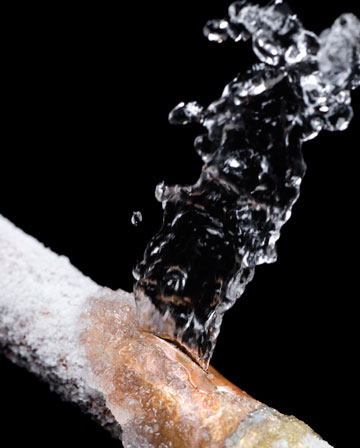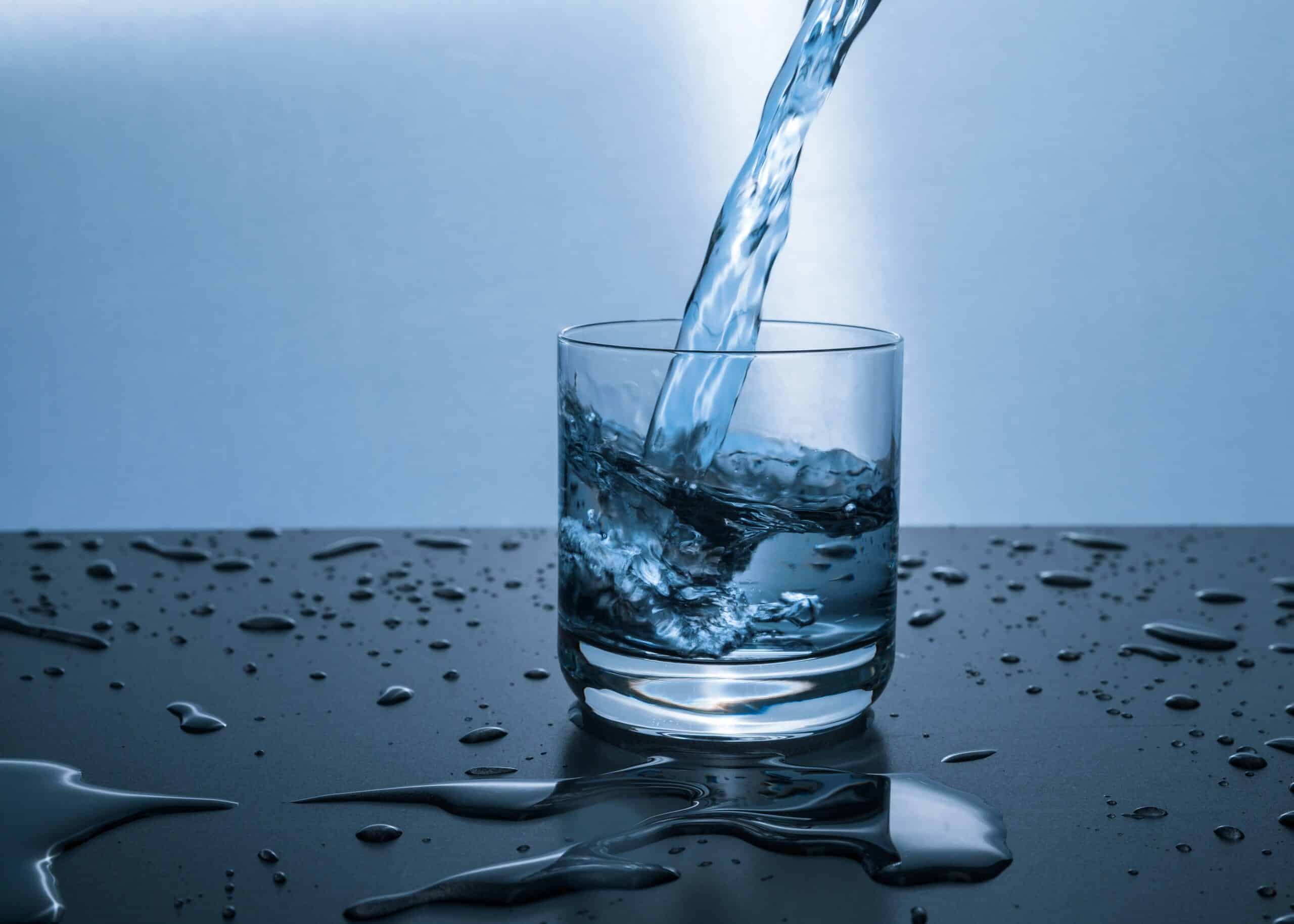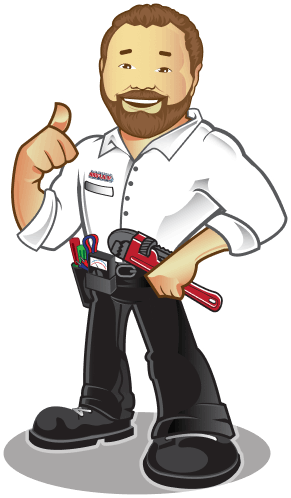Ask Furr: What precautions can I take against freezing pipes?
We’ve all seen news stories on the disastrous effects that freezing pipes can have in Northern Virginia. So how can you prevent them in your home? Here are some tips and facts that can help you stay ahead of the game.
Why Are Freezing Pipes A Problem? Ever put a can of soda in the freezer to speed up the cooling process? Well if you leave it in too long, you’ll notice that it bursts; that’s because liquid properties expand when frozen. This expansion puts a huge amount of pressure on whatever is containing it…and that includes your home’s pipes. Outdoor pipes in danger of freezing are generally hose bibs, pool supply lines and sprinkler lines. When it comes to water supply pipes in your home, areas like basements, crawl spaces, attics, garages, or behind kitchen cabinets are particularly susceptible, and pipes that run against exterior walls with little or no insulation could likely freeze over due to exposure, causing flooding inside the home.
What steps can you take to PREVENT frozen pipes? Preventing problems before they occur can save you a boatload of money and inconvenience! Follow these recommendations to protect your home’s piping from freezing and bursting:
- Have a plumber drain water from outdoor lines like swimming pool and water sprinkler supply lines following manufacturer’s or installer’s directions.
- Drain and remove hoses attached to your home and store them in a warm place. Be sure to close inside valves supplying outdoor hose bibs. You can then open the outside hose bibs to allow water to drain.
- Have a technician insulate pipes in your basement, crawl space, attic, garage, and under kitchen and bathroom cabinets. Both hot and cold water pipes in these areas should be insulated.
DURING Severe Cold Weather or Snow/Ice Storms
- Keep your garage doors closed to protect pipes inside.
- Open kitchen and bathroom cabinet doors to allow warmer air from inside the home to reach the plumbing.
- Let cool water drip from faucets. Running water through the pipe – even at a trickle – helps prevent pipes from freezing.
- Keep the thermostat set to the same temperature both during the day and at night. Temporarily use this technique to prevent freezing pipes.
- If you will be going away during cold weather, be sure to leave the heat on in your home, set to a temperature no lower than 60° F.
If you come home to frozen pipes, be sure to call in an expert so that they can defrost them ASAP! Having a plumber in your home to assess your frozen pipes can help ensure that they’re protected this year and in the future! Give us a call for all of your plumbing emergencies!














